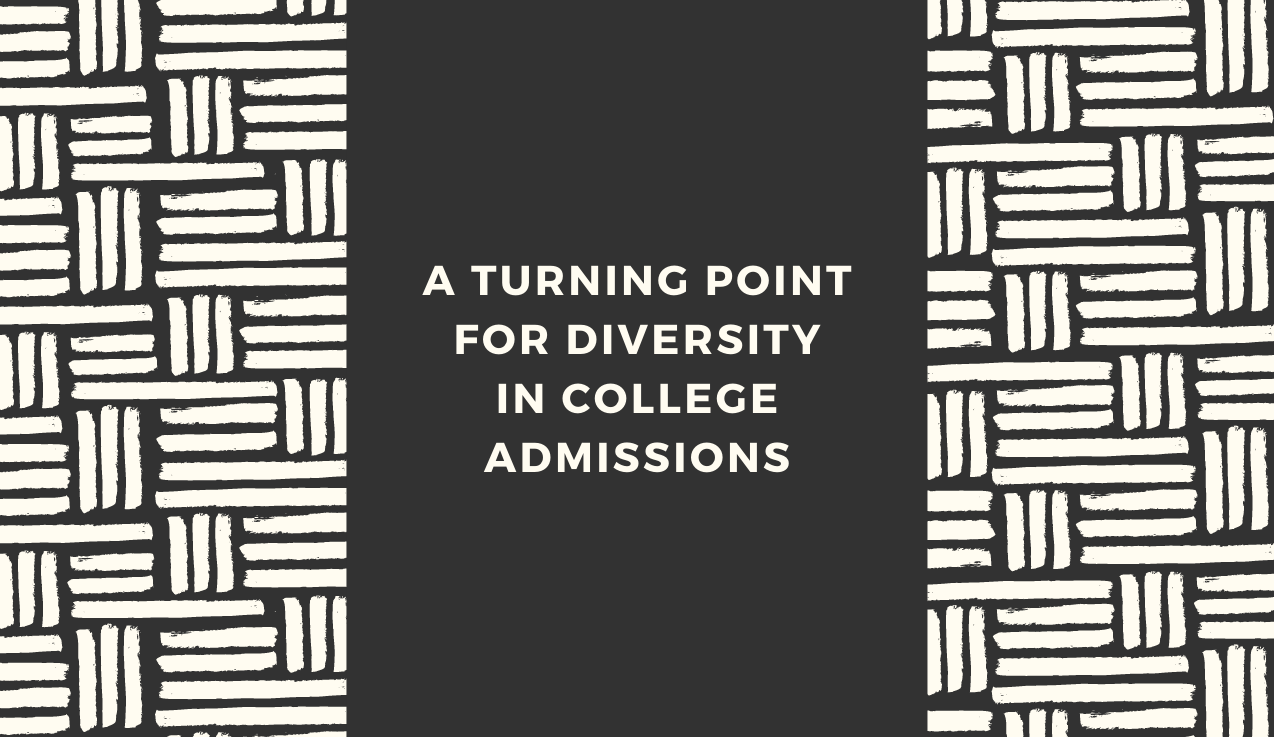My dad used to tease me growing up. He called me the "Church Lady," a reference to the recurring character on Saturday Night Live played by Dana Carvey, whose over-the-top ethical compass often weighed in on current issues in the country.
The irony of my nickname is that I was raised and continue to identify as a Jewish woman. The similarities between me and the Church Lady still exist, though. My ethical standards have always demanded that colleges are held to the highest standards when dealing with our kids.
But I have the same high standards for the students I work with. That is why today's blog is a guide to all the students who are wondering how to navigate some tricky steps in the college admissions process:
1. Early Decision is binding!
I have been hearing of a number of individuals claiming that Early Decision isn't really as binding as what colleges say. But it is. The only time a student is released from the binding agreement is if the family simply cannot afford the college after extensive appeals and conversations. Colleges will do as much as they can to work with a family whose child was admitted in Early Decision—it benefits the college tremendously to be able to get every single Early Decision student to enroll. Sometimes no matter what is done, the financial aid award is just not doable for the family. That is the only time when a student can back out of the ED agreement.
RELATED READING: How to Negotiate Your Financial Aid Package
2. It is the student's responsibility to immediately withdraw all active applications upon submitting an enrollment deposit.
This is especially important for those students who got admitted to an Early Decision 1 or Early Decision 2 program. These students need to notify the colleges they are awaiting a decision from that they are withdrawing their application and those colleges they have already been admitted to that they do not plan to attend (like an Early Action or Rolling Admissions program).
3. Double-depositing is unethical.
Many students, especially this year, may struggle to make a final decision about where to enroll. With travel restrictions still in place in many regions of the country and scarce on-campus opportunities for admitted students, it will be hard to make a decision. However, under the guidelines of the Common Application and most other applications, students are not permitted to send more than one enrollment deposit. The only exception occurs when a student submits an enrollment deposit to one college and then gets admitted off the waitlist at another college which they plan to attend.
RELATED READING: When It Comes to Choosing a College There Are No Bad Decisions
4. Lying on your application can get your offer of admission rescinded.
Enough said.
5. This final tip is for the colleges and the admissions deans, in case they forget: A college cannot receive anything in return for accepting a student.
No financial gains. No donation. No political favors. No sexual favors either (yes, this happens).
Related Reading: What Parents Can and Can't Do for College Admissions
My dad was thrilled when I went to law school. But I was miserable there. I ultimately left law school and became an admissions officer at a college because I felt like my perspective could be better utilized in college admissions. There are a lot of individuals in my industry making inaccurate claims and leading families down the wrong path. Remember, that is how the admissions scandal started. Make sure you are listening to a trusted voice. It doesn't have to be the Church Lady, but it needs to be someone who has the same high ethical standards as I do.











